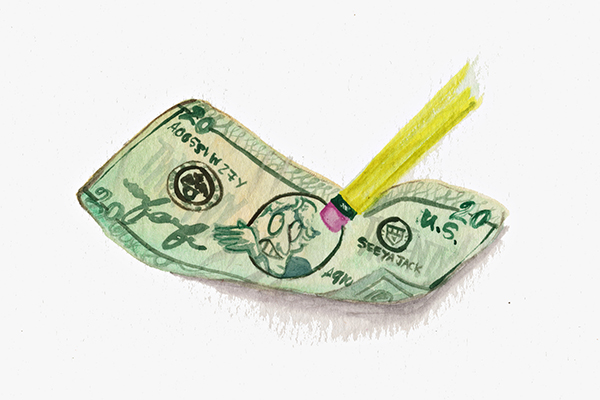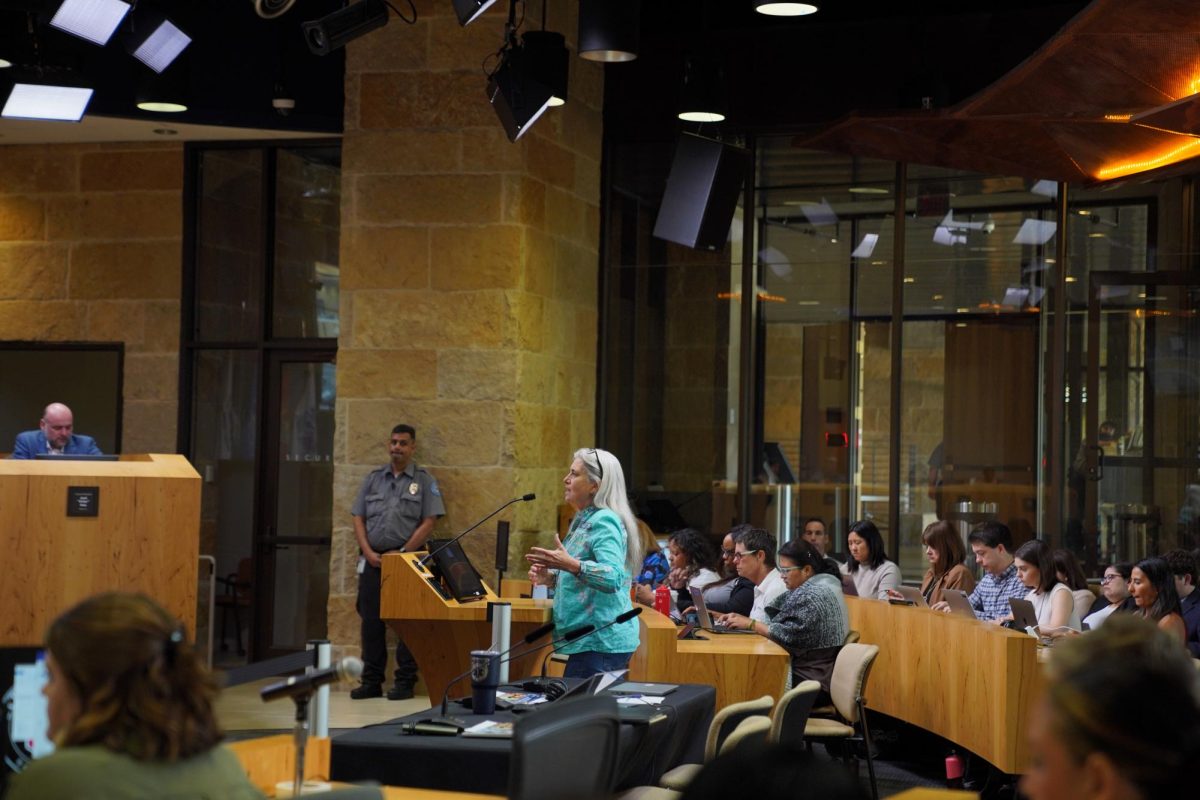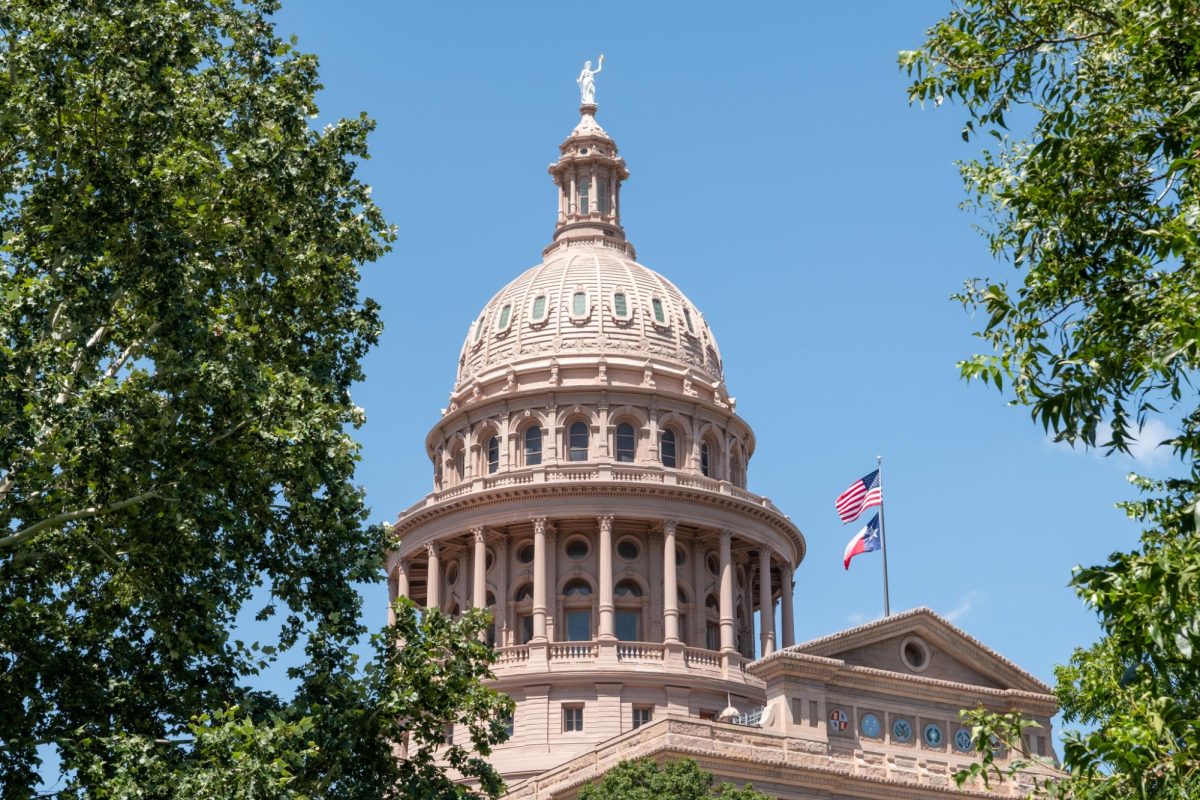The Human Rights Commission of the city of Austin passed a recommendation Jan. 27 to ban businesses from going cashless.
Human Rights Commissioner Garry Brown put forth a recommendation that said cashless businesses are not accessible to those without a bank account. Brown said he has seen other cities starting to go cashless, and he wants Austin to get ahead of the trend.
“(Cashless is) not what we should be doing right now because not everybody has access to a bank account or to a credit card or even a debit card,” Brown said. “Austin is so tech savvy that I want to be able to be proactive on something instead of reactive.”
Brown said cities including New York and San Francisco currently have a cashless ban, and he plans to meet with the management of Tiff’s Treats to understand what requiring cash would look like to a business. The recommendation would not affect businesses with five employees or less, giving leeway to people running their own business, Brown said.
“We should all be for more inclusive consumerism than preferred customers,” Brown said. “It’s one thing for a car to be thousands of dollars and another thing to walk into a 7-Eleven and you want a pack of gum and you have to use the credit card or a debit card or some sort of card for that. It’s not right, and I think it can be discriminatory.”
Devin Pham, manager of food truck Greenade located across from Dobie Mall, said they prefer doing cashless business for convenience and safety and plan on going cashless in the future. He said payment with card or apps allows for better tracking of cash flow and eliminates human error.
Pham also said the business has issues with people stealing from the tip jar that sits on the sill of the food truck, which makes paying the fee that allows businesses to process credit cards worth it.
“With cash, a lot of people can fake bigger bills,” Pham said. “When they have a 100 (dollar bill) and a $6 meal, we give them more cash back, and there’s just more mistakes that can happen. I think in the long run it’s better to pay (a credit card fee) than worry about all of that.”
Although Brown recognizes the safety appeal of not having cash at stores, he said there will likely always be some cash in stores, so the prospect of robberies is unavoidable.
“There’s always going to be robberies,” Brown said. “That’s just the way life is, and I’m sorry about that. But let’s be inclusive. The city of Austin is known as being an inclusive community. Let’s live that value.”
Makayla Byars, government and anthropology junior, said she doesn’t usually notice when businesses don’t accept cash because she usually pays with a debit card. Byars said she feels more secure using a card since her bank has reimbursed her when her card was stolen. However, she likes using cash to budget her spending.
“Banks can be really expensive,” Byars said. “Sometimes it is cheaper to work with cash, so I could see how that could make it harder for people to pay for things.”





















